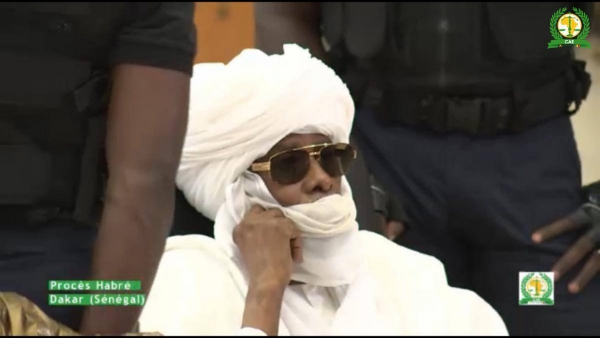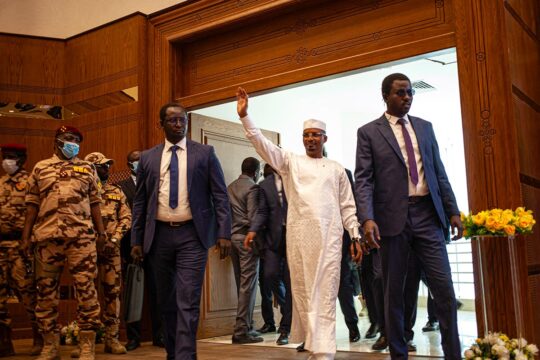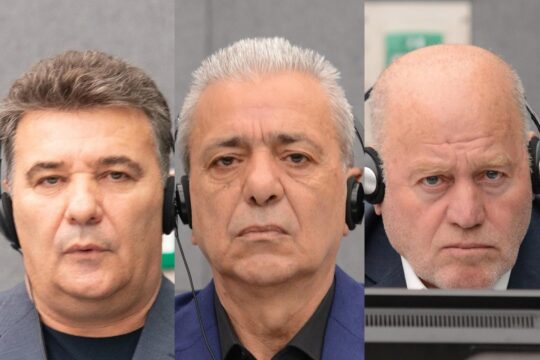Appeals judges of the Extraordinary African Chambers (EAC), sitting in Senegal, on Thursday confirmed a life sentence on former Chadian dictator Hissène Habré for war crimes, crimes against humanity and torture committed in his country between June 1982 and December 1990, although they acquitted him of rape. For those who have followed the long saga of bringing Habré to justice, this final verdict is “a tribute to the persistence” of the victims. Philip Grant, director of Swiss NGO TRIAL International, is one of them. JusticeInfo asked him about the significance of this verdict for the victims:
Philip Grant: The Habré trial would never have taken place without the active involvement of the victims at all stages of the procedure. This verdict is a validation of the enormous work they have carried out, not without risks to themselves, and a recognition of their tenacity. It would have been hard to imagine 30 years ago that the people languishing in Habré’s jails and suffering from his acts of torture and other abuses would end up bringing their former dictator down.
What lessons does this trial hold for Africa and the world?
The procedures have shown to what extent so-called international crimes can be fought against if the international community has the will. Here we should stress the role played by Africa itself, but also by others including individuals, non-governmental organizations and States outside of Africa. In any case, this is a strong signal to other autocrats – I am thinking in particular of former Gambian dictator Yahya Jammeh – that justice can be rendered even against former Heads of State.
And what lessons for international justice, which is still in the making?
The Habré case was launched under the principle of universal jurisdiction, which has already allowed dozens of torturers, war criminals and genocide perpetrators to be tried in countries other than where the crimes were committed. The fundamental significance of this verdict is that universal jurisdiction also enables Heads of State to be tried and convicted. There was a first attempt – which was not concluded – to bring former Chilean dictator Augusto Pinochet to justice at the end of the 1990s. The Habré trial is definitive proof that universal jurisdiction can be an effective tool in the fight against impunity.
Isn’t there a sense of unfinished business, given that the Extraordinary African Chambers were not created to try Habré alone?
Almost by definition, international justice leaves a sense of unfinished business, since the crimes are so terrible and widespread, and the perpetrators so many, remaining unpunished. But we will not hide our satisfaction today. It is by working patiently to build an international system that can bring concrete responses to crimes like those committed in Chad that tomorrow we will be able to try the Debys (Idriss Deby is current president of Chad), Bushes and Jammehs.







